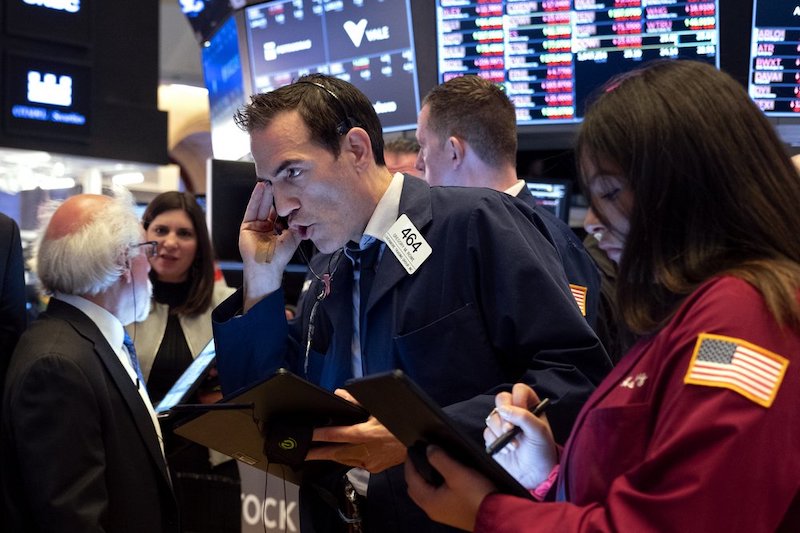Blog
Day Ahead: Top Things to Watch for March 17
- 2020-03-17
- Traiding Idea

While the demand for the Japanese yen has fallen, the US stock futures have been rising. The stock markets are volatile and calm has not yet returned to the market. yesterday, US stock indices had their biggest drop since the year 1987. The Dow Jones stock index fell 12.93%, the S&P 500 index fell 11.98%, and the NASDAQ index fell 12.32%. At present, US stock indices have fallen by almost 30% from their recent highs.
The Asian stock market remains volatile. Japan's stock index rose by 6%. The Australian stock index has been bullish, but the Hong Kong and Chinese stock indices are still volatile.
President of the United States spoke of the likelihood of a recession, which led to increased sales pressure on the US stock market. Trump said the economic damage of the coronavirus could last through the summer, and it's not currently under control. Prices in the crude oil market were down 10%, The price of crude oil is now $ 30.
In the past week, the US stock market has been suspended several times due to a sharp and rapid fall in prices. But stopping trading has not prevented the market from crashing. However, investors should be cautious. Although the market trend is on the downside, if the relative calm returns to the market, there will be a rapid uptrend, especially since the VIX is significantly above its long-term equilibrium level. The VIX is a measure of the market volatility and fear of US stock market investors.
The Federal Reserve and other central banks have announced that they have provided unlimited liquidity, but investors are concerned about the lack of market liquidity and remain frustrated about the future of financial markets. The International Monetary Fund (IMF) has earmarked a $ 1 trillion loan to address the economic consequences of the Coronavirus. The Australian and New Zealand governments will spend $ 10.7 billion and $ 7.3 billion, respectively, to support their domestic economy.

